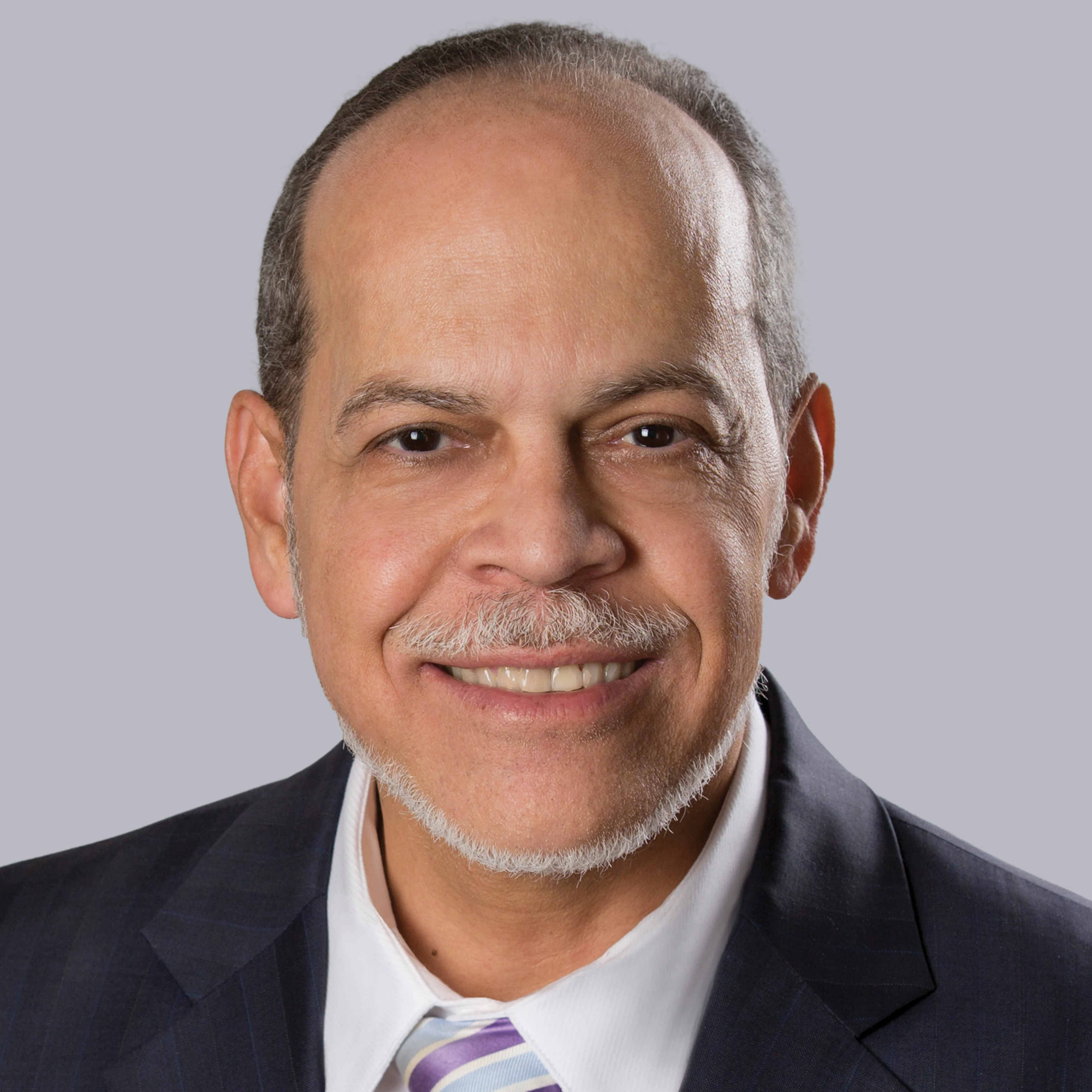Deserted Island Top 5: Miguel Núñez, Part 1

Stephen Nichols (SN): It was a few weeks ago that we had Dr. Miguel Núñez with us and you might remember him, he has a church there in Santo Domingo in the Dominican Republic and also is involved in a ministry there that reaches Latin America. I'm going to give him a treat. I am going to pull him out of his church, I'm going to pull him out of his ministry, and I'm going to set him on a deserted island so he can just read books. Dr. Nuñez, are you ready for your trip?
Miguel Núñez (MN): Absolutely. I love to read, especially on a deserted island. So, thank you for the opportunity.
SN: Well, I am going to send you off very quickly. But before you go, we need to know what books you are taking with you. The island is stocked with some Edwards and Calvin and Luther, and the Bible, of course, is there. Someone wanted Shakespeare, so Shakespeare is there. So, in addition to some of those standards, what would be five books that you would take with you on your deserted island reading getaway?
MN: Well, what I thought to do was to begin with two books that I was introduced to by R.C. Sproul.
SN: That's a great place to start.
MN: I was listening to R.C. teaching on one occasion and he referred to one of the works by Jonathan Edwards, Charity and Its Fruits. And I picked up that book and I began to read that exposition of 1 Corinthians 13. And I just marveled at the way he describes the love of God that flows to us and that should flow through us to my neighbors, to those who are around me. And the beauty with which Edwards described that virtue, it is incredible. And then the last chapter, on heaven.
SN: "Heaven Is a World of Love."
MN: That's right.
SN: What a great chapter.
MN: Some people have said that it is probably the most beautiful chapter he ever wrote. And I am not an expert on Edwards, but I have read some of his writings, and certainly, if I am on that deserted island, I would like to be thinking about that heaven I am going to.
SN: So, we've got Edwards' Charity and Its Fruits. That is a great first book.
MN: The other book that I was introduced to by Dr. Sproul is Bondage of the Will by Luther, as you know, published in 1525. And the reason why I thought of that book was not only because of who introduced it to me but also, if I am on that island, I would like to remember how dependent I am on the grace of God and that my will is in bondage. If I am alone on a deserted island, my will is still in bondage. The worst enemy is still within me, and I think it would be good for me to remember that I need the grace of God and that that grace will be there for me all the time. And also, to remember—which is another point that Luther makes in this book—the perspicuity of the Scriptures.
SN: That's exactly right.
MN: How clear the Scriptures are. And, therefore, the Bible is on the island, because you told me it would be there, and to know that even if I don't have any teacher around me, or any of Dr. Sproul's books to help me, there is a clarity in the Scriptures that I could make use of.
SN: We have made sure that we are all things to all people, so, we have the Reformation Study Bible and the MacArthur Study Bible on this island. So, what would be your third book?
MN: I thought about a book I read some time ago: Holiness by J.C. Ryle. That book was important to me at that particular time, especially because I think a lot of people do not put enough emphasis on practical holiness. How I should live my daily life in view of God's holiness.
SN: It's what we're called to do: be holy as God is holy.
MN: That's right, and trying to honor the holiness of God, which is one of the driving forces of Dr. R.C. Sproul's ministry. And one of the things that really affected my life was that emphasis and the way R.C. puts that emphasis on the holiness of God. And I just love the way he defines that holiness. He says, "Holiness is the habit of agreeing with God's judgment." And I think that is a great statement. Then he says, "Holiness is the only evidence that we have of the indwelling of the Holy Spirit." If the Holy Spirit is dwelling within us, then we should be sanctified day by day.
SN: Well, we will have to come back for another episode to catch the next two books.
Recent Episodes
Noah Webster: More Words
February 18, 2026|The Nineteenth Century
401 Again
February 11, 2026|The Ancient Church
401
February 4, 2026|General Church History
Noah Webster’s Dictionary
January 28, 2026|Biography
Early Methodism: Circuit Riders and Camp Meetings
January 21, 2026|American Church History
Early Methodism: Beginnings and Revival
January 14, 2026|The Eighteenth Century

